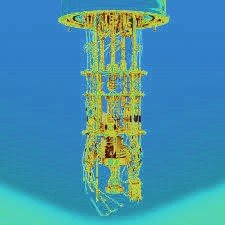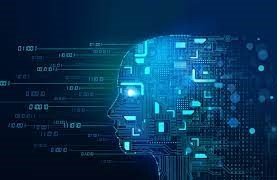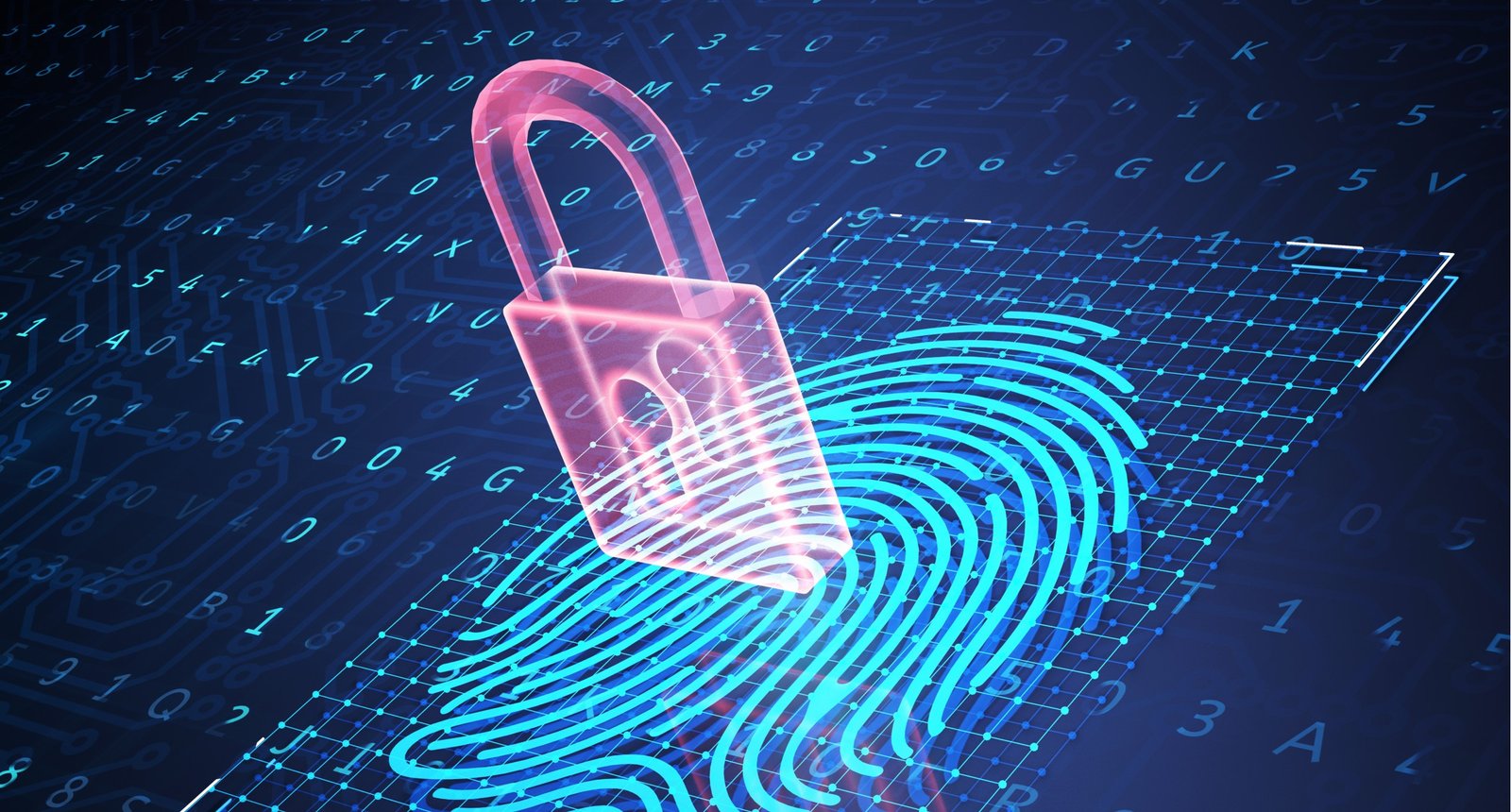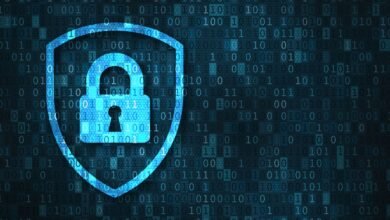Harnessing the Power of Quantum Computers for Everyday Tasks

In the ever-evolving world of technology, quantum computing has emerged as a groundbreaking innovation that promises to revolutionize the way we perform everyday tasks. Unlike classical computers that rely on bits to process information, use qubits, which can exist in multiple states simultaneously. This fundamental difference opens up a realm of possibilities, from optimizing complex problems to enhancing encryption techniques. In this blog, we’ll delve into the world of quantum computing, exploring how to build and use quantum computers for everyday tasks.
The Basics of Quantum Computing

Before we dive into the practical aspects of building and using quantum computers, let’s get familiar with the basics. Quantum computing is a rapidly advancing field of computing that harnesses the principles of quantum mechanics to process and store information. Unlike classical computers that use bits to represent information as either 0 or 1, use quantum bits, or qubits, which can exist in multiple states simultaneously due to a property called superposition. This enables quantum computers to perform certain types of calculations much faster than classical computers.
Quantum Bits
Qubits are the fundamental units of quantum computing. Unlike classical bits, which can be either 0 or 1, qubits can exist in a superposition of states. This means they can be 0, 1, or any combination of both simultaneously. This property enables quantum computers to process vast amounts of information in parallel, making them exponentially more powerful for certain tasks.
Entanglement
Entanglement is another crucial concept in quantum computing. When two qubits become entangled, the state of one qubit instantly influences the state of the other, regardless of the distance separating them. This property enables quantum computers to perform certain operations much faster than classical computers.
Building a Quantum Computer
Building a quantum computer requires cutting-edge technology and expertise. Companies like IBM, Google, and Rigetti have made significant advancements in this field, but It are still in their infancy. However, for those interested in the journey of creating a quantum computer, here are the key steps involved
Qubit Creation
Qubits can be created using various physical systems, including superconducting circuits, trapped ions, and topological qubits. Each approach has its own advantages and challenges, and researchers are continuously working to improve qubit stability and coherence.
Quantum Gates
Just like classical computers use logic gates to process information, use quantum gates to manipulate qubits. These gates perform operations like NOT, AND, and OR on qubits, and they are essential for performing quantum computations.
Error Correction
They are highly susceptible to errors due to factors like noise and decoherence. Implementing error correction codes, such as surface codes, is crucial to make quantum computations reliable.
Cooling and Isolation
It need to operate at extremely low temperatures, close to absolute zero, to reduce thermal noise. They also require isolation from external electromagnetic interference.
Using Quantum of Computers for Everyday Tasks
Now that we understand the basics of quantum computing and how to build one, let’s explore how these extraordinary machines can be used for everyday tasks .As of my last knowledge update in September 2021,were still in the early stages of development and not yet ready for widespread everyday use. However, they hold great promise for solving complex problems more efficiently than classical computers once they reach a sufficient level of maturity and scalability. Here are some potential everyday tasks where quantum of computers could have a significant impact once they become practical:
Optimization Problems
Excel at solving optimization problems, such as route planning, resource allocation, and supply chain management. They can explore multiple solutions simultaneously, leading to faster and more efficient outcomes.
Drug Discovery
Pharmaceutical companies are leveraging quantum of computers to simulate and analyze molecular interactions. This accelerates drug discovery processes, potentially leading to the development of new medications and treatments.
Cryptography
The potential to break existing cryptographic systems, they also offer new encryption methods that are quantum-resistant. These advancements can enhance the security of online transactions and communications.
Artificial Intelligence
Quantum computing can significantly speed up machine learning algorithms and enable more complex AI models. This can lead to advancements in natural language processing, image recognition, and data analysis.
Climate Modeling
Climate scientists can use quantum of computers to simulate complex climate models with higher accuracy and faster results. This aids in understanding and mitigating the effects of climate change.
Financial Modeling
Quantum computing can optimize financial portfolios, risk assessment, and trading strategies. This can lead to better investment decisions and improved financial stability.
Material Science
Researchers can use quantum of computers to design new materials with unique properties, revolutionizing industries such as electronics, aerospace, and renewable energy.
Future of Power of Quantum Computers for Everyday Tasks\

Quantum computing holds the promise of revolutionizing many aspects of our daily lives by solving complex problems at speeds that were previously unimaginable with classical computers. Here are some details on how quantum computers could impact everyday tasks in the future:
Faster Data Analysis and Optimization
Quantum computers excel in solving optimization problems, which are prevalent in various fields such as logistics, finance, and supply chain management. They can help in route optimization, portfolio management, and supply chain optimization, leading to more efficient and cost-effective solutions.
Drug Discovery and Healthcare
Quantum computers can simulate complex molecular structures with high accuracy. This capability can accelerate drug discovery by modeling and simulating molecular interactions, potentially leading to faster development of new medications and personalized treatment plans for patients.
Encryption and Cybersecurity
While quantum computers have the potential to break current encryption methods, they can also be used to create quantum-resistant encryption techniques. This will ensure that our digital communications and transactions remain secure in a post-quantum world, safeguarding sensitive information.
Climate Modeling and Environmental Impact Assessment
Quantum computers can process massive datasets and simulate complex climate models more efficiently. This can aid in better understanding climate change, predicting extreme weather events, and assessing the environmental impact of various activities.
Artificial Intelligence and Machine Learning
Quantum computing can significantly accelerate machine learning algorithms, enabling faster training of AI models. This could lead to more advanced applications in image recognition, natural language processing, and autonomous systems, making AI more accessible and effective.
Traffic Management and Urban Planning
Quantum computing can optimize traffic flow and urban planning by analyzing real-time data and predicting traffic patterns. This can reduce congestion, improve public transportation systems, and enhance the overall quality of life in cities.
Financial Modeling and Risk Assessment
Quantum computers can rapidly assess financial risks by modeling intricate financial systems and market behaviors. This can help financial institutions make more informed decisions and mitigate risks effectively.
Materials Science and Innovation
Quantum simulations can expedite the discovery of new materials with desirable properties, benefiting industries such as electronics, energy storage, and aerospace. This could lead to the development of more efficient and sustainable technologies.
Personalized Medicine and Healthcare Diagnostics
Quantum computing’s ability to process vast amounts of genetic and medical data can lead to more accurate disease diagnoses and treatment recommendations tailored to an individual’s genetic makeup, improving overall healthcare outcomes.
Advanced Cryptography and Secure Communications
Quantum communication technologies, like quantum key distribution (QKD), can provide ultra-secure communication channels. These can be used for secure government and military communications, as well as in industries requiring high-level data protection.
Conclusion
Quantum computing is a remarkable field with the potential to transform the way we approach everyday tasks and tackle complex problems. While building and using quantum computers is currently a challenging endeavor reserved for experts and well-funded organizations, the future promises exciting developments that could benefit society in numerous ways. From optimizing supply chains to discovering new drugs and securing our digital world, quantum computing is set to play a pivotal role in shaping our technological landscape.
Read more : How to Adopt Space Tourism: Preparing for Extraterrestrial Travel in 2023
FAQs
How powerful are quantum computers compared to classical computers?
It have the potential to solve certain problems exponentially faster than classical computers. However, their power is highly specialized and doesn’t make them superior for all tasks.
Can anyone build a quantum computer at home?
Building a quantum computer requires highly specialized equipment and expertise, making it impractical for home use. It is primarily the domain of research institutions and tech giants.
Are quantum computers the end of classical computing?
No, quantum computers are not likely to replace classical computers entirely. Instead, they will complement classical computers for specific tasks, offering solutions that were previously impossible or extremely time-consuming.
How long until quantum computers become mainstream?
They are still in the early stages of development, and it may take several years or even decades before they become widely accessible and affordable for everyday use.
Are quantum computers a threat to cybersecurity?
We could potentially break existing cryptographic systems. However, researchers are working on quantum-resistant encryption methods to counter this threat.
Read more : Embracing Biotechnology for Health and Wellness in 2023








2 Comments